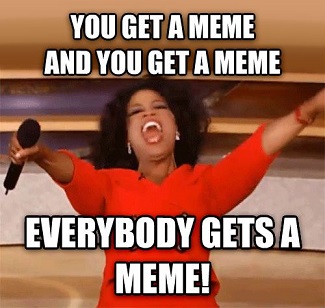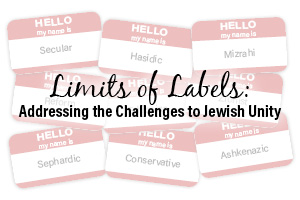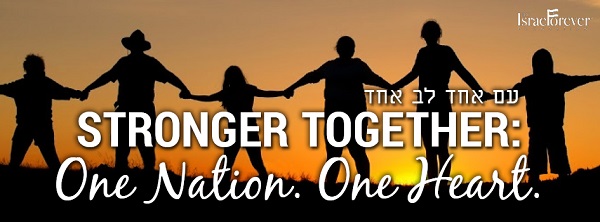The Power of Memes
By Aubrie Jaworowski
Why do we love memes so much? Why are we so drawn to these little bits of information? And why are they so powerful in spreading a message?
Whether a meme is purely for entertainment or trying to enforce a political view, we instantly want to read it and we will probably repost any meme we agree with. But what makes us do this and what even is a meme?
People typically only recognize memes as pictures combined with funny or witty one-liners that we see on social media but memes also encompass things such as hashtags, headlines, songs and even clothing trends. While they have gained in popular awareness thanks to social media, memes aren’t actually new. They’ve been circulating the public arena since humans started getting creative, and they are likely to be here even after our great-grandchildren don’t know what a “Facebook” is.
Memes are a means or vehicle to spread information from person to person or to generation to generation.
So where does the word “meme” come from? The first time people heard the word “meme” used in the English vernacular was in 1976, coined by Richard Dawkins in his book The Selfish Gene. Memes have been around for a very long time, it just took us till 1976 to popularize them and make them a part of millennial society. And I know I don’t have to tell you that people LOVE them, but why are we so drawn to them?
As social media started to evolve becoming more and more integral to our day to day lives, it was only a matter of time till the psychologists of the world tried to figure out how it was affecting us. They came to the conclusion that it affects people just like a drug would.
There are two chemicals in our brain that are released when we sign on to our favorite social media platform: Dopamine and Oxytocin. Dopamine is the “pleasure” chemical in our brain, it causes us to want, desire and helps us be happy. Oxytocin, often referred to as the “cuddle chemical,” is the chemical in our brain that gets released when we hug or kiss someone. These chemicals are released in people’s brains when they do drugs and, you guessed it, also when we share, like and scroll through our social media!
We get a hit of dopamine when we log into our Twitter accounts. We feel a rush of oxytocin as we scroll through our Facebook feeds. It’s even been proven that resisting to send a tweet or reposting a meme is harder than resisting alcohol or cigarettes!

We can’t deny that today’s world is running at an extremely fast pace. It seems that no one has time to slow down for anything. Especially when it comes to reading, even if it’s an interesting article or book, people would just rather... not. (besides you, my beautiful reader, I thank you). Even though people aren’t reading as much, they are diligently scrolling through their social media platforms. We all love a quick “hit” of information and that quick flash is why memes are such a popular form of spreading viral messages.
Whether the meme is entertaining or political, it’s much quicker to look at a meme and digest the information than it is to read 10 paragraphs to understand a new topic. The ease, the accessibility, and the entertainment value - it’s like getting a sale on information. Why pay full price (as in your time reading a credible article) on information, when you can save 95% and just read a meme? And just as an added cherry on top, sometimes they make us laugh! So how could people resist this amazing deal? Well, they can’t, that’s the reason why fabricated, inaccurate or blatantly false information is spread around like rapid wildfire via meme.
The fact that we love memes so much can be potentially dangerous and extremely useful at the same time. The danger is more centered around the memes that claim to have facts or the truth. Why? Because people are registering these memes as fact with no further research. It’s dangerous because someone who creates a meme can be totally lacking in credibility and can make up the “truth” presented as a meme. Someone who is lazy will consume that meme as fact and then pass it on to friends who are likely to also repost/share the false meme.
The other danger is how fast memes spread. One minute someone posts a meme with completely inaccurate information, then one person sees it and thinks it’s true, then before you know it, the entire world believes that crayons are the reason for the outrageous gas prices. Obviously, this example is a major exaggeration but things like this happen every day! So, when someone makes an incorrect meme about a country, person or anything really, more often than not, people will wholeheartedly believe it. This is what makes memes so powerful - the speed of dissemination and the natural tendency to accept the message without question.

On the other hand, memes can be an extremely useful tool in spreading the truth. Now I know you’re all wondering where does Israel fit into all of this, right? Well, memes are so potent in their ability to make people believe, we can replace the fiction with the facts by sharing the truth in a fun, interesting and enticing way just by using the very formats that are hurting the truth.
Finding memes that are in favor of Israel is pretty hard. So, we at Israel Forever Foundation wanted to make the search for pro-Israel memes a little bit easier. We collected what we think are the best pro-Israel memes to help us get the truth out, just as effortlessly as the Israel opposers can spread the lies and hate. Israel needs help in spreading the truth and that’s where you come in. Please, scroll through our collection! If you like it, share it and tell your friends about it. Israel needs some positive reinforcement and memes are a great way to do it. If memes are how people want to get educated on new topics, then let’s utilize them to educate correctly on Israel.








